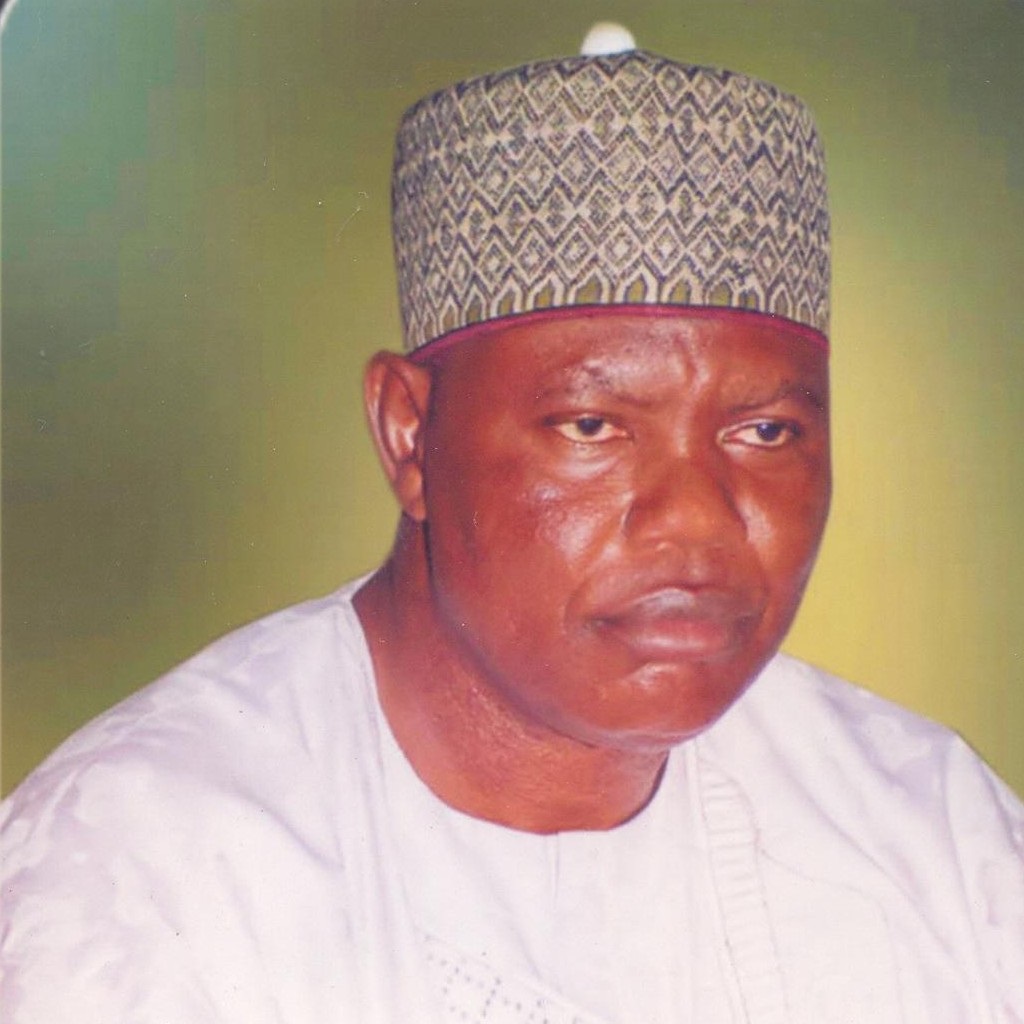Curriculum plays a pivotal role in determining the quality and effectiveness of an educational system. When assessing the standard of a school, three critical aspects are typically considered: the caliber of teachers, the learning environment, and the curriculum itself. Teachers must be highly qualified and well-trained, the facilities should include state-of-the-art laboratories and libraries, and the curriculum must align with contemporary educational and developmental needs.
Globally, the level of a country’s development is often reflected in its academic curriculum. For instance, developed nations like Singapore, South Korea, Hong Kong, and Taiwan emphasize technical, vocational, and entrepreneurial education as core components of their curricula. Comparatively, Nigeria’s curriculum has been criticized for its lack of relevance to the country’s socio-economic needs. However, the introduction of the new Senior Secondary School Education Curriculum (NSSEC) this year aims to address these concerns by bridging skill gaps and aligning education with national developmental goals.
Establishing a Regulatory Framework for Senior Secondary Education
The establishment of the NSSEC was born out of necessity to address significant gaps in Nigeria’s secondary education system. Since 2004, when the government merged junior secondary education with the Universal Basic Education Commission (UBEC), senior secondary education lacked a dedicated regulatory or intervention body. In contrast, tertiary education enjoys oversight from institutions such as the National Universities Commission (NUC), National Commission for Colleges of Education (NCCE), and National Board for Technical Education (NBTE), along with intervention support from the Tertiary Education Trust Fund (TETFUND).
The absence of a regulatory body for senior secondary education has led to decayed infrastructure, inadequate facilities, unqualified teachers, and low student performance rates, exacerbating social issues. To address these challenges, the commission has developed minimum standards for schools, including policies on student-teacher ratios (1:40), teacher qualifications, and infrastructure requirements. The National Policy on Senior Secondary Education, the first of its kind, provides comprehensive guidelines for quality assurance.
Additionally, the commission has prioritized data collection and capacity-building initiatives, particularly in core subjects like English and Mathematics. These efforts are aimed at enhancing the quality of education across the nation.
Collaboration with State Governments and the Private Sector
State governments, as owners of most secondary schools, play a critical role in the success of these reforms. The commission has actively engaged state governors to establish state-level boards, modeled after the national commission, to ensure seamless implementation of policies. To date, 20 states, including Kogi, have established such boards.
The commission has also undertaken initiatives such as monitoring learning achievements among Senior Secondary School (SSS) 1 and 2 students in English and Mathematics. These assessments help identify issues such as unqualified teachers, poor facilities, or ineffective teaching methods. Public lectures, journal publications, and the ranking of secondary schools are other strategies employed to promote transparency and accountability. The ranking system, similar to that of universities by the NUC, enables parents to make informed decisions about their children’s education.
Addressing Challenges in Private Secondary Schools
The proliferation of private secondary schools, which constitute 70–80% of the nation’s schools, presents unique challenges. Many of these schools operate with substandard infrastructure, unqualified teachers, and poor remuneration practices, creating environments that foster examination malpractice and compromise educational quality.
While the commission recognizes the importance of private schools in Nigeria’s education landscape, it has taken a firm stance against malpractices. Plans are underway to inspect all private schools, regardless of location, to enforce compliance with national standards. Schools failing to meet these standards will face appropriate sanctions.
Enhancing Teacher Welfare and Motivation
The issue of poor remuneration for teachers, particularly in private schools, is a pressing concern. Many private schools charge exorbitant fees while paying teachers as little as ₦10,000 per month, offering little to no motivation. The Minister of Education, Dr. Tunji Alausa, has emphasized the importance of teacher welfare and capacity building. The commission is committed to addressing this challenge by drafting a proposal to the Ministry of Education for a policy on fair remuneration for teachers in private schools.
These measures reflect the commission’s dedication to elevating the quality of senior secondary education in Nigeria, ensuring that it meets both national and global standards for excellence.
